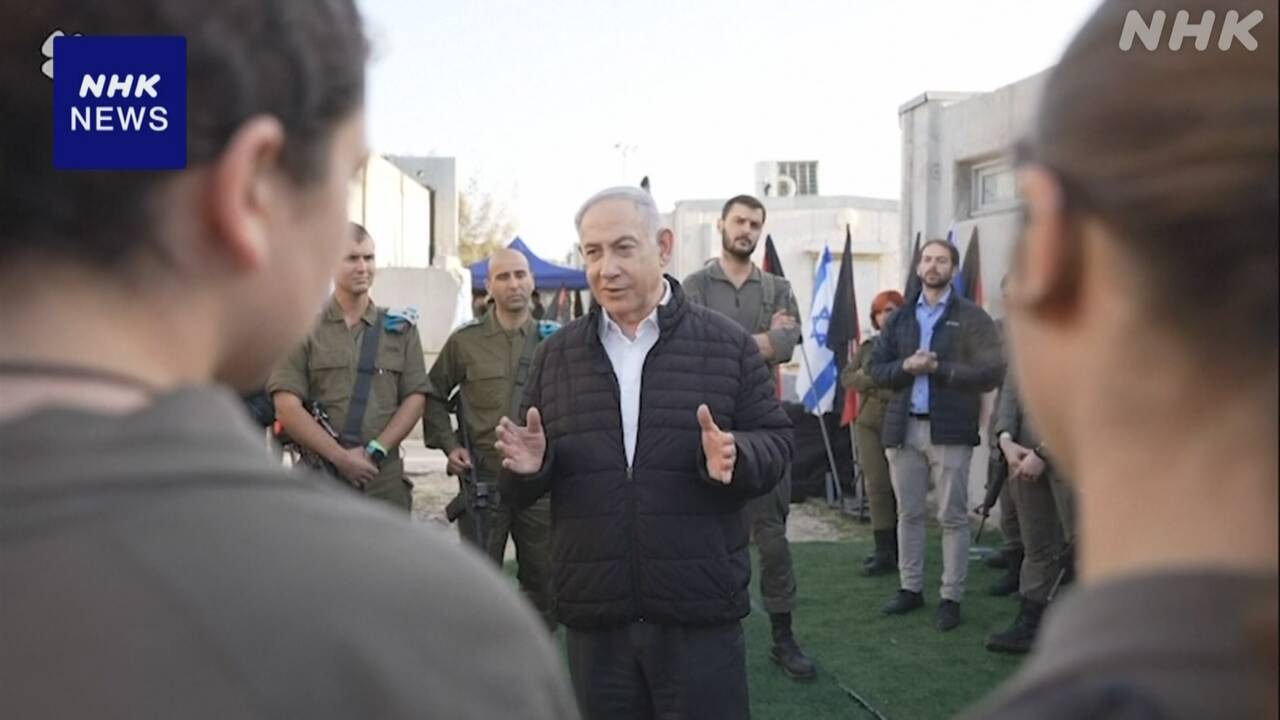Israeli Prime Minister Benjamin Netanyahu said, ``There is pressure from both inside and outside the country to end the war, but we will continue fighting until we achieve all our goals.'' Despite voices of dissatisfaction within Israel, he has called for a complete ceasefire in the Gaza Strip. He once again showed his refusal to meet the conditions requested by Hamas.
In Israel, as negotiations for a ceasefire and the release of the hostages have stalled, dissatisfaction with Prime Minister Netanyahu has begun to be heard publicly, with families of hostages holding a rally on the 20th calling for their release as soon as possible. .
Against this backdrop, Prime Minister Netanyahu visited an Israeli military facility on the 20th and spoke to the soldiers, acknowledging that ``there is increasing pressure from within Israel and from abroad to end the war before we achieve our goals.'' I showed it.
``We strongly desire to free the hostages, but we have no intention of paying the price that Hamas is demanding,'' he said, adding that negotiations with mediating countries could lead to a complete cease-fire. It once again showed its stance of rejecting Hamas's demands for the same conditions.
Meanwhile, the humanitarian crisis in the Gaza Strip continues to worsen due to heavy attacks by the Israeli military.
An urgent report by UNICEF and the United Nations Children's Fund found that 64% of all households in the Gaza Strip have access to only one meal each day.
In addition, doctors working in the southern region of Rafah, where nearly 1.5 million people including evacuees are crowded together and where the Israeli military is strengthening its stance on carrying out ground operations, say that around 40% to 50% of the children are suffering from hepatitis A, pneumonia, etc. There is a possibility that he may have contracted an infection.
Amid this crisis, there are concerns that the nutritional and health conditions of young children are rapidly deteriorating.

